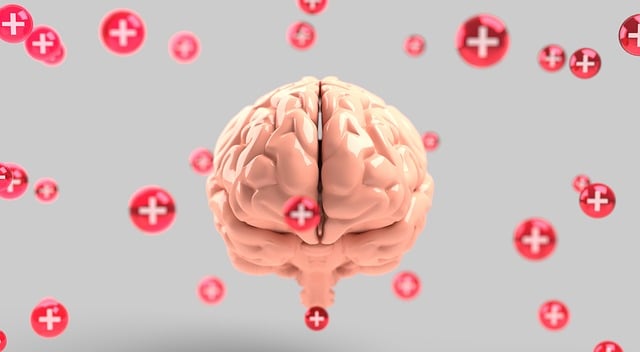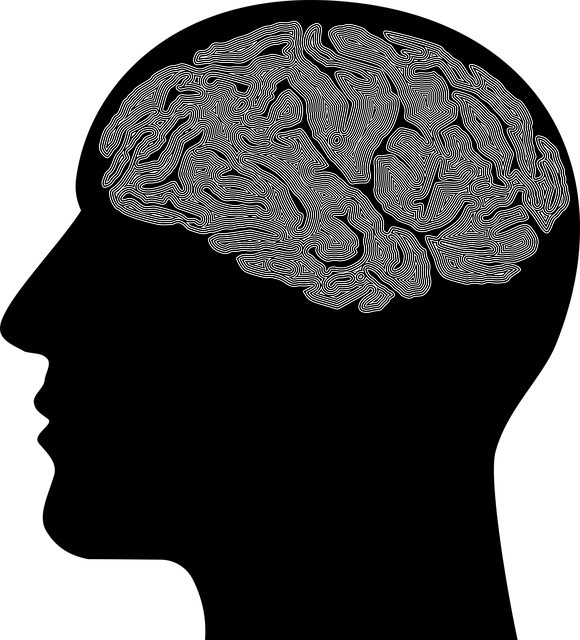Evaluating Colorado Springs Gambling Therapy programs requires a mixed-methods approach combining quantitative KPIs (attendance, retention) with qualitative client feedback through interviews, focus groups and surveys. Integrating these methods allows professionals to identify program strengths and weaknesses for continuous improvement, aligning with best practices in burnout prevention and risk management. Client satisfaction surveys uncover effective workshops while post-program follow-ups measure long-term success and gauge changes in emotional well-being. Regular check-ins help prevent setbacks and refine treatment strategies for sustained mental wellness.
Mental wellness programs require rigorous evaluation to ensure effectiveness. This article explores assessment methods used in Colorado Springs Gambling Therapy, delving into quantitative and qualitative measures that gauge program impact. We discuss client feedback surveys as a powerful tool for improvement and emphasize tracking long-term success through post-program follow-ups. By employing these evaluation strategies, mental health professionals can optimize the outcomes of services like Colorado Springs Gambling Therapy.
- Assessing Program Impact: Quantitative and Qualitative Measures for Colorado Springs Gambling Therapy
- Client Feedback and Satisfaction Surveys: Unlocking Insights for Improvement
- Tracking Long-term Success: Post-program Follow-ups and Outcome Evaluation
Assessing Program Impact: Quantitative and Qualitative Measures for Colorado Springs Gambling Therapy

Evaluating the impact of Colorado Springs Gambling Therapy programs requires a combination of both quantitative and qualitative measures to gain a comprehensive understanding of their effectiveness. Quantitative methods involve tracking key performance indicators (KPIs) such as attendance rates, client retention, and the reduction in gambling-related behaviors or symptoms over time. These data provide a clear picture of program popularity and initial success.
Qualitative assessments, on the other hand, offer deeper insights into clients’ experiences and perceptions. Interviews, focus groups, and surveys can uncover valuable information about the therapeutic process, client satisfaction, and perceived benefits. By integrating these approaches—quantitative and qualitative—mental health professionals in Colorado Springs can identify areas of strength and weakness in their gambling therapy programs, ensuring continuous improvement aligned with best practices in Burnout Prevention Strategies for Healthcare Providers and effective Risk Management Planning for Mental Health Professionals while also implementing Stress Reduction Methods to benefit both clients and therapists.
Client Feedback and Satisfaction Surveys: Unlocking Insights for Improvement

Client Feedback and Satisfaction Surveys play a pivotal role in evaluating the effectiveness of mental wellness programs, especially in settings like Colorado Springs Gambling Therapy centers. These surveys are a direct line to the experiences and perceptions of program participants, offering valuable insights for improvement. By asking targeted questions about various aspects such as therapy techniques, staff interactions, and overall program satisfaction, these feedback mechanisms help identify areas where the program excels and those that may need refinement.
For instance, a well-designed survey can uncover specific stress management workshops or mental health education programs within the organization that are particularly engaging or beneficial for clients. This information is crucial in refining program design to better cater to participants’ needs. Mental Health Awareness initiatives gain significant momentum when backed by client satisfaction data, ensuring resources are allocated wisely and ultimately enhancing the overall efficacy of Colorado Springs Gambling Therapy services.
Tracking Long-term Success: Post-program Follow-ups and Outcome Evaluation

Evaluating the long-term success of mental wellness programs is a critical aspect of ensuring their effectiveness, especially in areas like Colorado Springs Gambling Therapy. Post-program follow-ups allow professionals to assess how participants have maintained their progress over time. This involves conducting outcome evaluations that measure changes in emotional well-being promotion techniques and mood management strategies. By comparing pre- and post-program data, therapists can identify the key factors contributing to positive outcomes and refine their risk assessment for mental health professionals.
Regular follow-ups also provide insights into potential setbacks or relapses, enabling therapists to implement timely interventions. This continuous evaluation process is essential for improving program design and tailoring treatments to individual needs. Through these assessments, emotional well-being promotion techniques can be enhanced, ensuring that participants not only recover but also develop robust coping mechanisms for sustained mental wellness.
Evaluating mental wellness programs, such as the Colorado Springs Gambling Therapy, requires a multifaceted approach. By combining quantitative data from impact assessments with qualitative insights gained through client feedback surveys, we can paint a comprehensive picture of program effectiveness. Furthermore, tracking long-term success through post-program follow-ups ensures that the benefits are sustained and provides valuable outcome evaluation data for future improvements. Implementing these methods allows for continuous refinement, ensuring the Colorado Springs Gambling Therapy remains a vital resource for those seeking mental wellness support.














